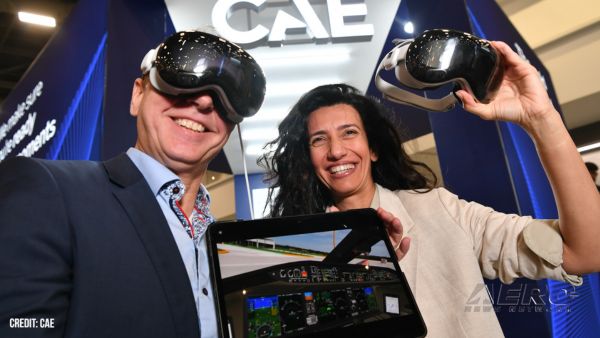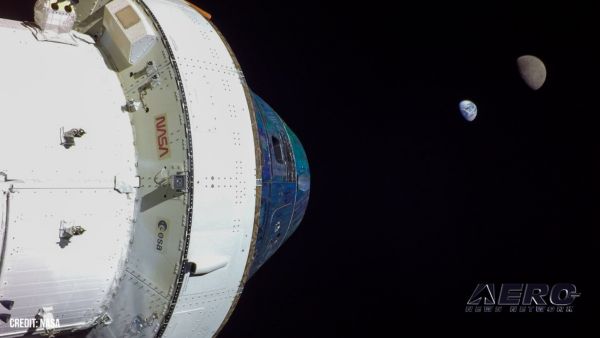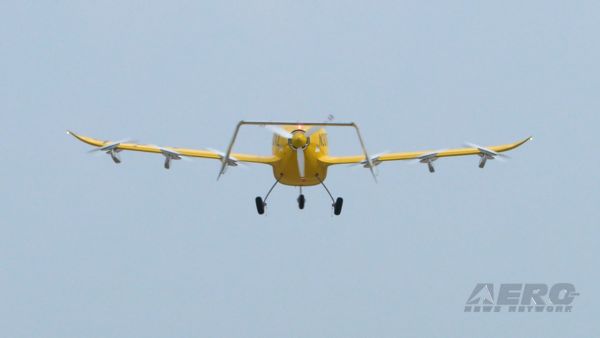 NATA President James K. Coyne has praised key
Congressional aviation leaders for their work earlier this week
which could lead to restoring non-scheduled commercial flights at
Ronald Reagan Washington National Airport (DCA). The Aviation
Security Technical Corrections and Improvement Act would require
the U.S. Department of Homeland Security (DHS) to "issue
regulations allowing non-scheduled air carriers to operate at
Ronald Reagan Washington National Airport under a security program"
approved by DHS. The provision would take effect 30 days after the
bill's enactment into law.
NATA President James K. Coyne has praised key
Congressional aviation leaders for their work earlier this week
which could lead to restoring non-scheduled commercial flights at
Ronald Reagan Washington National Airport (DCA). The Aviation
Security Technical Corrections and Improvement Act would require
the U.S. Department of Homeland Security (DHS) to "issue
regulations allowing non-scheduled air carriers to operate at
Ronald Reagan Washington National Airport under a security program"
approved by DHS. The provision would take effect 30 days after the
bill's enactment into law.
The bill is sponsored by U.S. Reps. Don Young (R-AK), Chairman
of the House Committee on Transportation and Infrastructure; James
Oberstar (D-MN), Ranking Minority Member of the House Committee on
Transportation & Infrastructure; John Mica (R-FL), Chairman of
the House Subcommittee on Aviation, and Peter DeFazio (D-OR),
Ranking Minority Member of the House Subcommittee on
Aviation. It was approved Wednesday by the House Subcommittee
on Aviation.
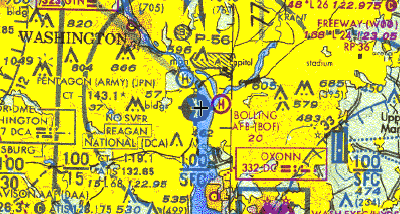
"We are grateful to the leadership of the House Committee on
Transportation and Infrastructure for this critical legislative
provision," Coyne stated. "For 20 months, non-scheduled
commercial operators have been unfairly prevented from operating at
DCA with our airline counterparts. This legislation would
correct this injustice."
Commenting that this provision is also justified because of the
recent security program implemented by non-scheduled commercial
operators as of April 1, 2003, Coyne said, "With all non-scheduled
commercial air carriers operating aircraft weighing 12,500 pounds
or more now required to comply with a federal security program, we
believe that this class of operator is on par with and may very
well exceed the security of scheduled airlines at Washington
National."
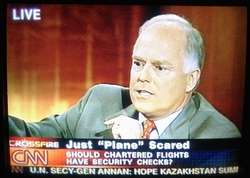 The provision allowing non-scheduled commercial
flights back into DCA has been a priority for NATA, which filed a
petition in March seeking new FAA rules allowing the restored
operations at the airport. Only flights operated by scheduled
airlines are allowed at DCA under procedures placed into effect
after September 2001.
The provision allowing non-scheduled commercial
flights back into DCA has been a priority for NATA, which filed a
petition in March seeking new FAA rules allowing the restored
operations at the airport. Only flights operated by scheduled
airlines are allowed at DCA under procedures placed into effect
after September 2001.
Also included in the legislation approved by the House
Subcommittee on Aviation is a provision to repeal the prohibition
on banner towing operations around sporting events. The
measure would require banner towers to complete background checks
prior to operating around these venues.
"We are quite pleased to see this provision included within the
bill," Coyne stated. "The banner towing community has unfairly
singled out since the September 2001 terrorist
attacks. Incredibly, they have been prevented from operating,
seemingly for commercial reasons. The Subcommittee's action
corrects this injustice and all aviation businesses should be
gratified with this step toward restoring their ability to make a
living."
Other provisions included in the House aviation security bill
would:
-
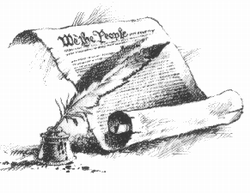 Modify rules governing U.S. flight schools that
provide training to foreign students who have undergone background
checks;
Modify rules governing U.S. flight schools that
provide training to foreign students who have undergone background
checks;
- Provide pilots the ability to appeal the revocation of their
pilot license for security matters; and,
- Create a much-needed small business ombudsman within TSA.
"We thank the aviation leadership and their staff for their
tireless efforts on this important legislation and anxiously look
forward to these provisions becoming law," Coyne concluded.
 Senator Pushes FAA to Accelerate Rocket Launch Licensing
Senator Pushes FAA to Accelerate Rocket Launch Licensing Classic Aero-TV: RJ Gritter - Part of Aviations Bright New Future
Classic Aero-TV: RJ Gritter - Part of Aviations Bright New Future Aero-FAQ: Dave Juwel's Aviation Marketing Stories -- ITBOA BNITBOB
Aero-FAQ: Dave Juwel's Aviation Marketing Stories -- ITBOA BNITBOB ANN's Daily Aero-Linx (10.27.24)
ANN's Daily Aero-Linx (10.27.24) ANN's Daily Aero-Term (10.27.24): Clearance Void If Not Off By (Time)
ANN's Daily Aero-Term (10.27.24): Clearance Void If Not Off By (Time)




